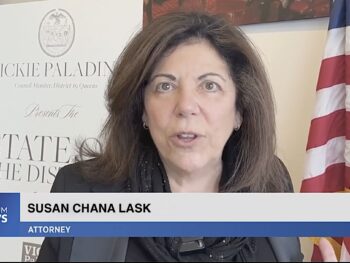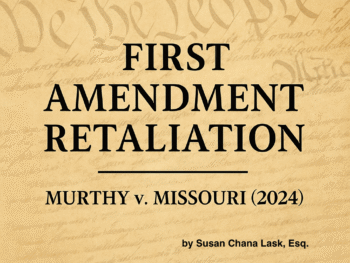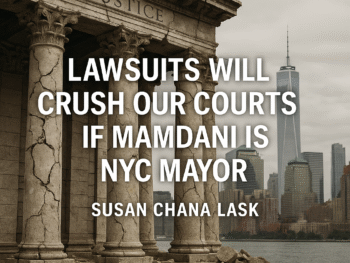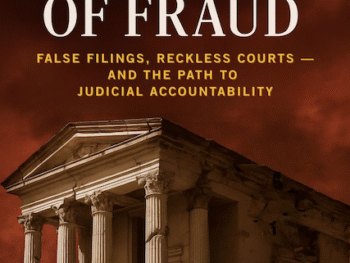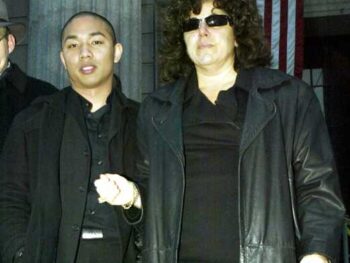Supreme Court: Are Prison Strip Searches Constitutional?
Tuesday, October 11, 2011 at 2:35PM by Carmen Cox
Dick Luria/Photodisc
Read On ABC News Radio:
(WASHINGTON) — It was bad enough that Albert Florence was hauled to jail by an officer who mistakenly thought there was an outstanding warrant for his arrest. But Florence’s shock turned to humiliation at the prison when he was strip searched, transferred to another county jail, strip searched again and held for a total of six days until the matter was cleared up and charges against him were dismissed.
“The strip search was humiliating,” Florence says. “Degrading.”
After his release, Florence sued the two county jails that held him, arguing that his constitutional rights were violated when he was subjected to strip search without a reasonable suspicion that he was bringing contraband into the jail. Florence argued that detainees who are placed in the general prison population for minor offenses should not be subject to such searches.
On Wednesday, the Supreme Court will hear Florence’s case and discuss the balance between the Fourth Amendment’s ban on unreasonable search and seizure and the security interests of prison facilities.
Carter G. Phillips, a lawyer representing the county jails, argues that courts should defer to the security interests of the prisons. He says the privacy interest of the incoming prisoner must yield to an “overriding security interest” of the jail to protect inmates and staff.
But Susan Chana Lask, Florence’s lawyer, says that the prisons should not treat those who have committed serious crimes in the same way as those who are there for minor offenses.
“You need to strip search the murderers, criminals and drug dealers,” she says, “those are the ones who are committing crimes.”
Florence’s story dates back to a 1998 conviction for a minor offense. He was late in paying the accompanying fine and a warrant was issued for his arrest. He eventually paid off the fine which should have cancelled the outstanding warrant.
But when his car was stopped for a driving violation in 2005, the officer could find no evidence in his computer that the fine had been paid. He arrested Florence, even though Florence showed him a copy of the paid receipt from the court.
Florence says in prison he was directed to remove all his clothing, then open his mouth and lift his tongue, hold out his arms and turn around, and lift his genitals.
Lower courts have split on whether reasonable suspicion is needed before strip searching an individual entering the prison population.
In 1979 the Supreme Court ruled that in the interest of security, prisons could conduct visual body cavity searches of all detainees after they had contact with outsiders. For years after that ruling, lower courts ruled that the prison had to have a reasonable suspicion that the arrestee was concealing contraband before subjecting him to a strip search upon entering the facility.
But in recent years some courts have begun to allow a blanket policy to strip search all arrestees.
The Obama administration has filed a friend of the court brief in support of the jails involved in Florence’s arrest. In briefs it argued that the need for security in the jails outweighs the individual privacy rights regarding strip searches.
The government points out that the Federal Bureau of Prisons house more than 216,000 pretrial detainees and convicted inmates and subjects them all to visual body-cavity inspections before they can be placed in the general prison population.
“Prisons and jails are unique place[s] fraught with serious security dangers,” Solicitor General Donald B. Verrilli, Jr. argued in court papers, “where the smuggling of weapons, drugs, and other contraband poses a serious threat to inmate and officer safety and institutional security.”
Florence is excited the Justices will finally hear his case.
“It feels good,” he says, “because it’s been a long road filled with ups and downs, and finally the Court can set it all straight.”
Copyright 2011 ABC News Radio

